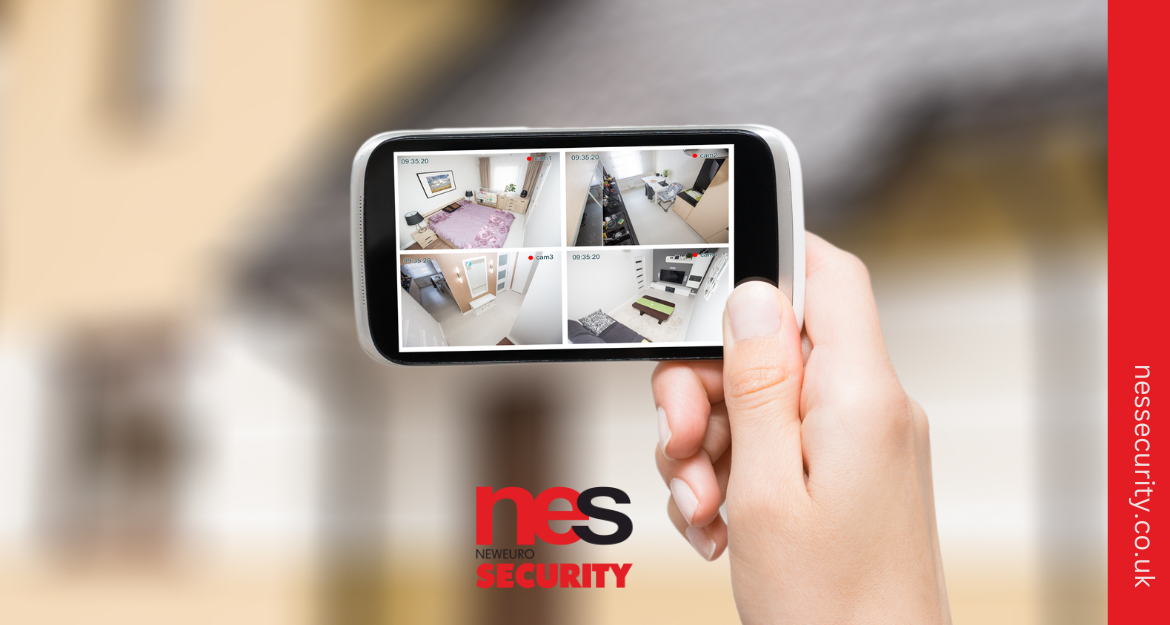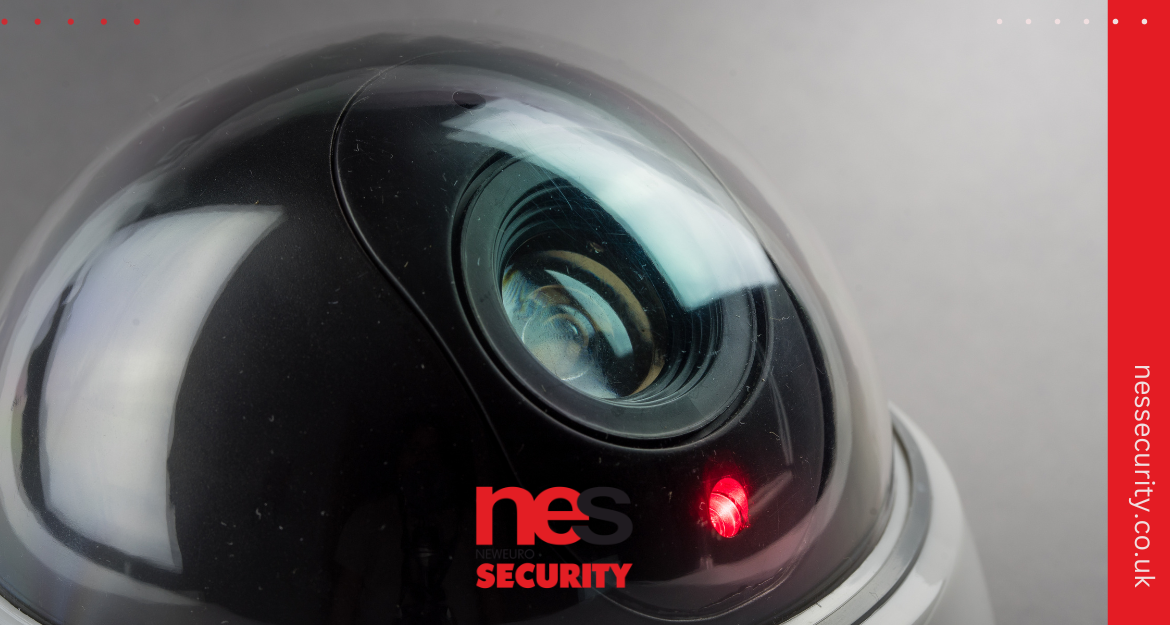In today’s fast-paced world, security and surveillance play a crucial role in safeguarding our homes, businesses, and public spaces. When it comes to monitoring and recording activities, two common terms that often come up are CCTV (Closed-Circuit Television) and camera. While they may seem interchangeable, understanding the differences between the two can help you make informed decisions about your surveillance needs.
Exploring Different Types of Cameras
Cameras come in various forms, ranging from traditional analog cameras to modern digital cameras. Analog cameras are connected to a monitor or recording device via cables, providing a live feed within a limited range. On the other hand, digital cameras capture and transmit video footage using digital technology, enabling remote access and high-definition resolution.
Functionality and Features of CCTV Systems
CCTV systems, on the other hand, consist of multiple cameras connected to a central recording device. They offer a comprehensive surveillance solution by providing simultaneous monitoring and recording capabilities. CCTV systems often come with advanced features such as motion detection, night vision, and remote access, enhancing their functionality and effectiveness.

Key Differences Between CCTV and Camera
The key distinction between CCTV and cameras lies in their scope and purpose. Cameras are standalone devices that capture visuals within their immediate vicinity, typically used for specific purposes such as home security or monitoring small areas. CCTV systems, on the other hand, are designed for broader coverage, allowing for the monitoring and recording of multiple areas simultaneously.
Coverage and Monitoring Capabilities
CCTV systems excel in providing comprehensive coverage, as they can incorporate multiple cameras strategically positioned to monitor various areas. This makes them ideal for larger properties or businesses that require extensive surveillance. Cameras, on the other hand, offer a more localised view and are suitable for specific monitoring needs.
Usage and Application Variations
Cameras find their application in various settings, such as homes, retail stores, or small businesses, where a focused and limited area needs monitoring. CCTV systems, with their broader coverage capabilities, are commonly employed in larger-scale environments, including shopping centers, office complexes, and public spaces.
Scalability and Expandability
CCTV systems have the advantages of scalability and expandability. As your security needs evolve or your property expands, additional cameras can be easily integrated into the existing system. This flexibility allows for seamless expansion without compromising the overall surveillance infrastructure. Cameras, being standalone devices, may require individual management and monitoring if multiple units are used.
Integration with Security Systems
CCTV systems can integrate with other security measures, such as access control systems or alarm systems, creating a comprehensive security solution. This integration enhances the overall effectiveness of the surveillance infrastructure, providing a robust and interconnected security ecosystem. Cameras, as standalone devices, may not have the same level of integration capabilities.
Cost Considerations: CCTV vs. Camera
When it comes to cost, cameras are generally more affordable, making them a popular choice for smaller budgets or specific monitoring needs. CCTV systems, while relatively higher in cost due to their comprehensive capabilities, provide a cost-effective solution for larger-scale surveillance requirements, as they eliminate the need for individual monitoring and recording devices for each camera.
Choosing the Right Surveillance Solution
The choice between CCTV and cameras depends on your specific needs, budget, and scale of surveillance requirements. Evaluating factors such as coverage area, monitoring capabilities, integration potential, and long-term scalability is crucial in making an informed decision.

Nes Security: Your Trusted Partner in CCTV Installation and Security Solutions
When it comes to understanding and installing the difference between CCTV and cameras, Nes Security is your trusted partner. With our expertise in CCTV installation and comprehensive security solutions, we can assess your specific needs, provide tailored recommendations, and ensure a seamless installation process.
At Nes Security, we understand the importance of creating a safe and secure environment. Our team of skilled professionals is experienced in CCTV installation, camera setup, and integrating security systems. We work closely with you to understand your unique requirements, offer expert guidance, and deliver solutions that meet your specific needs and budget.
As your trusted partner, we provide ongoing support, maintenance, and troubleshooting services to ensure that your surveillance system operates flawlessly. With Nes Security, you can have peace of mind knowing that you have a reliable and effective surveillance solution in place.
Choose Nes Security as your partner in CCTV installation and security solutions. Contact us today to discuss your requirements, and let us help you create a secure environment for your home or business.


